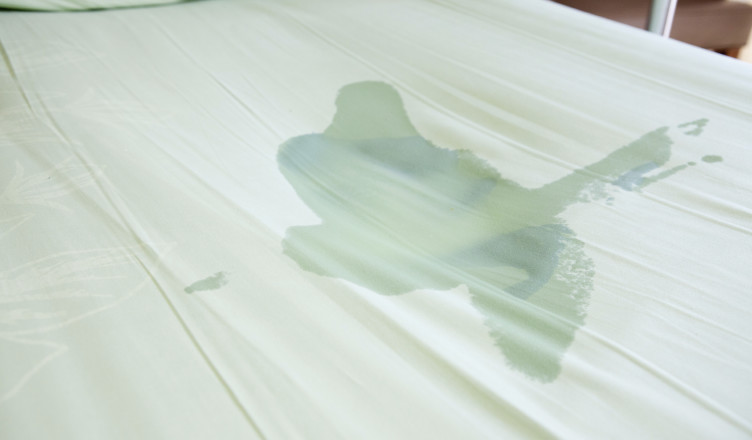You’re sleeping comfortably in bed after a long day. As you’re counting sheep, your sleep gets interrupted with the cries of your foster child. In a rush, you run to his room to make sure everything is OK. On your way there, many thoughts cross your mind. Is he having a nightmare? Did he fall and hurt himself? When you get there, you discover he wet his bed. While foster children and bedwetting is a common issue, you can breathe a sigh of relief. There is help available that can put him on the path to dry nights.
Foster Children and Bedwetting: What is it?
Bedwetting, medically known as Enuresis, is a sleep disorder that comes in two forms: Primary and Secondary. Primary Enuresis, which is most common in children, means they have been wetting their beds since they were infants. The less common, Secondary Enuresis, means they did not start out wetting their beds but gradually began doing so due to medical problems and/or stress.
As a foster parent, bedwetting in foster children can bring feelings of frustration and helplessness – especially if your foster child does it every night.
Foster Children and Bedwetting: Causes and Tips
There are many factors that play into your foster child wetting the bed. It can be as simple as his bladder not being able to hold urine overnight. Developing a nightly routine can help. Make sure he uses the toilet before he goes to sleep and steer clear of allowing him to drink large amounts of water before he catches his Zs.
Since he’s coming into a new environment, stress can also be a factor. The pressure of being exposed to a new family may take its toll and result in his inability to control his urination. Support is necessary when dealing with this issue. Your foster child is not wetting his favorite PJs intentionally; in fact, he is probably dealing with embarrassment and shame because of it. Punishment of any kind will not help him stop his bedwetting. It will simply contribute to his stress and continue the cycle.
Also, if there are other children in the house, make sure they understand that bedwetting is involuntary so there is no teasing him about his issue. The same applies to all family members who don’t live with you.
He has been removed from his home because of abuse or neglect, so it is also possible he wets the bed as a defense against sexual abuse. In this case, in addition to the support that has been previously mentioned, it is very important that you work with his caseworker to secure counseling to help him heal and move forward. Once he feels safe, his bedwetting will hopefully subside.
Only about 1% of children are affected by medical conditions (e.g., a urinary tract infection) that contribute to bedwetting. In these cases, it is necessary to work with your foster child’s caseworker and primary care physician to give him the help he needs.
Perhaps surprisingly, bedwetting can be hereditary. If there is a history of bedwetting in your foster child’s family, it’s possible he inherited that trait.
For example, a foster parent caring for young siblings who wet their beds later discovered the children’s grandfather had the same issue in his younger years. Just as the grandfather’s bedwetting eventually subsided, so did the siblings’.
Foster Children and Bedwetting: Helpful Information
FAFS’ home correspondence course Sleep Disorders in Children gives helpful information on steps to take that may help your child overcome bedwetting and other sleep disorders.
Your foster child might outgrow bedwetting as he matures. In the meantime, figuring out a regimen to keep his bed dry will help him, and you, along the way.
Author: Salendria Mabrey, FAFS Communication & Development Associate
Salendria Mabrey is a Communication and Development Associate at Foster and Adoptive Family Services.

